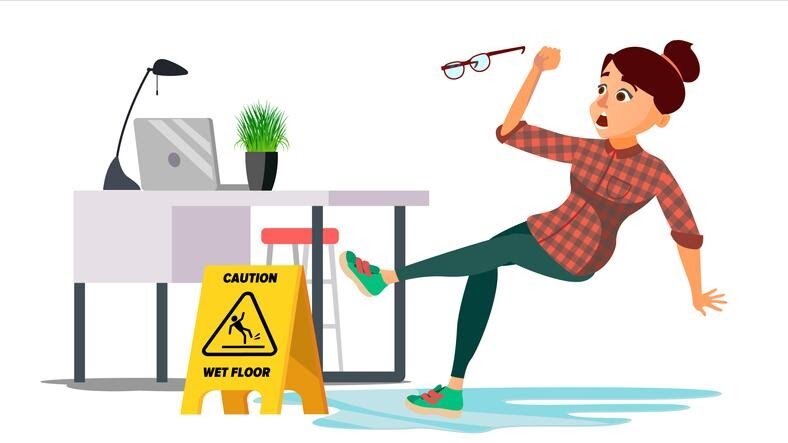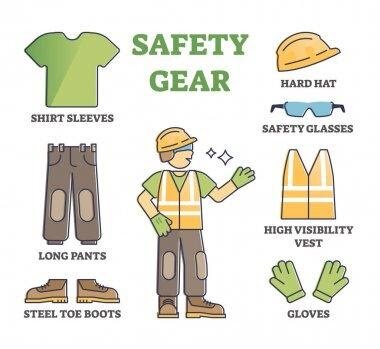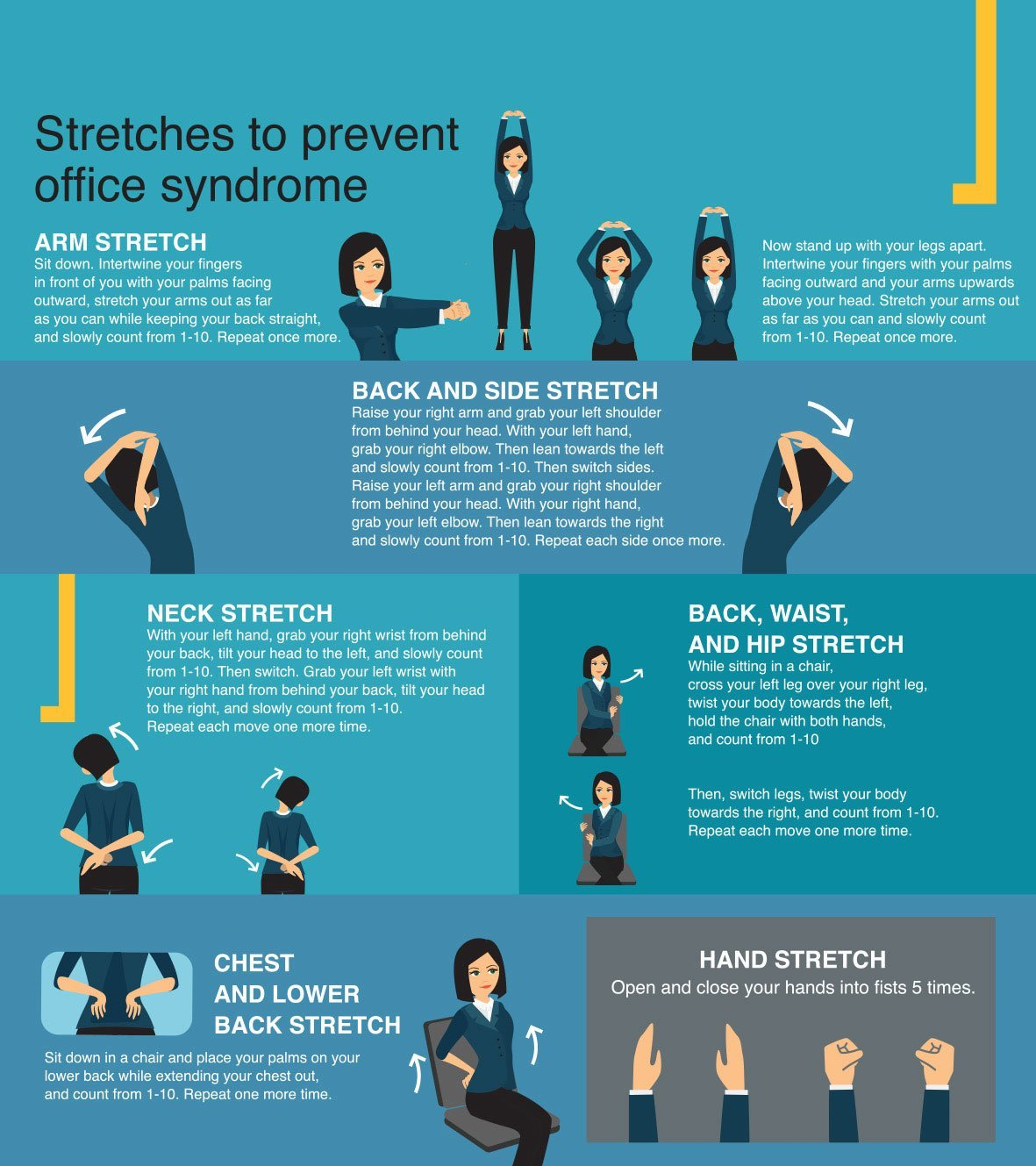National Safety Month
This year marks the 25th anniversary of National Safety Month, a month dedicated to helping keep people safe in the workplace (or anyplace). Over the past year, workplace safety has looked much different, as we adjusted to sanitizing, social distancing, teleworking, and other measures to help prevent the spread of COVID-19. Now that most businesses are returning to their normal staffing, routines and operations, what better time to share a few workplace safety tips!

Keep things tidy
As we all know, personal hygiene and a clean work environment play a big role in keeping everyone safe these days. It’s always a great idea to keep personal work areas — as well as common spaces such as kitchens and lobbies — de-cluttered and clean, especially now that more people are returning to the office. Set aside a small frame of time each day that is dedicated to tidying up your space. A mere five minutes with some sanitizing wipes and a mini dustpan can make a world of difference!
Report unsafe conditions
Health and safety are both a collective effort for everyone in the workplace. Workers should be encouraged to report any unsafe conditions to managers as soon as they notice that something isn’t right. From a wet floor to a precariously stacked shelf, be sure to speak up, as saying something is your first line of defense against incidents and is essential to maintaining a safe workplace.
All employees should be actively involved in workplace safety and should feel able to raise concerns, put forward suggestions, and take responsibility for themselves and their coworkers as often as possible. Ensuring this happens begins with creating an open and transparent workplace where employees feel comfortable bringing any concerns to upper level managers. If such a culture is not in place or is not feasible at your company, maybe suggest implementing an anonymous tips/suggestions box where employees and managers alike can submit their unsafe findings.


Invest in the right safety gear
Proper safety gear is a must when it comes to workplace safety, particularly when operating machinery or working with hazardous materials. Depending on your work environment, safety gear might involve hard hats and reflective vests… Or it could mean you need to invest in proper chairs and desk spaces to promote the most comfortable environment possible. One in four occupational injuries is related to lower-back strain. Musculoskeletal disorders (MSDs) are the most common form of workplace injuries, and they can result from forceful exertion, repetitive movement and awkward or static posture. Even if you’re not doing any heavy lifting at your job, you can still feel the painful, long-term effects of MSDs simply from sitting in the wrong position at your desk for too long.
With many people still working from home, managers can encourage workers to stand up and move more. Taking a five-minute desk break every hour can be highly effective in reducing the risk of musculoskeletal disorders. Get up and walk around your house or go for a quick stroll down the street. There are many simple and easy stretches that you can practice to increase circulation and prevent strain on different areas of your body. Also, now that remote working is a more permanent arrangement for many, make sure you have conducted a home-working risk assessment, which will promote efficiency.
Get an adequate amount of sleep each night
Almost 40% of U.S. workers suffer from sleep loss, and when workers are tired the risk for injury increases greatly. Although there are some measures that employers can take to mitigate the likelihood of employee fatigue, the biggest burden falls upon the employee to ensure that they are getting enough rest each night. The standard minimum is typically seven hours each night, but some people may need more. If you’re sleeping a lot more on the weekends than you do during the working week, then you probably aren’t getting enough sleep. There are many things you can do to increase your chances of getting a full night’s rest, including the following:
- Don’t eat right before you go to bed
- Create a bedtime routine and stick to itDon’t do stress-inducing activities in your bedroom (i.e. don’t work or check emails from your bed)
- Only get in bed once you are tired
- Make sure your bedroom is set up for you to sleep comfortably (temperature, lighting, noises, etc.)
Although June is National Safety Month, promoting workplace safety should be a yearlong priority! Consistent awareness, education and willingness to speak up is key to ensuring that each office and place of work is as conducive to safe operations as possible.






